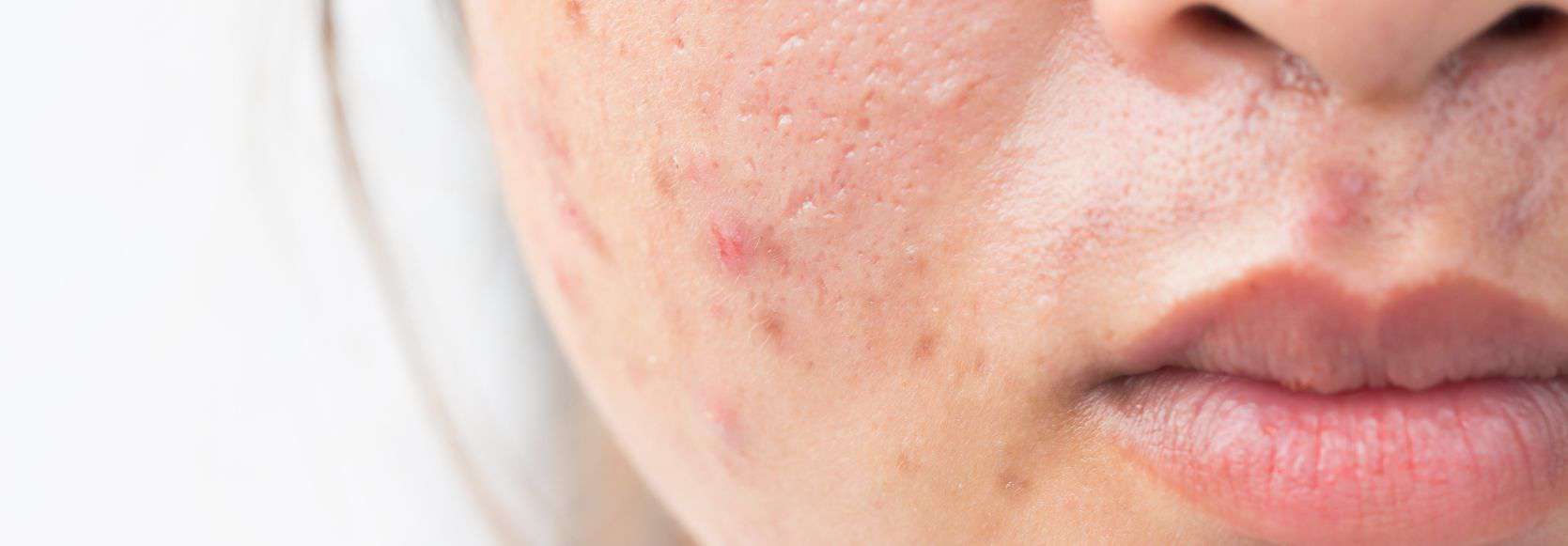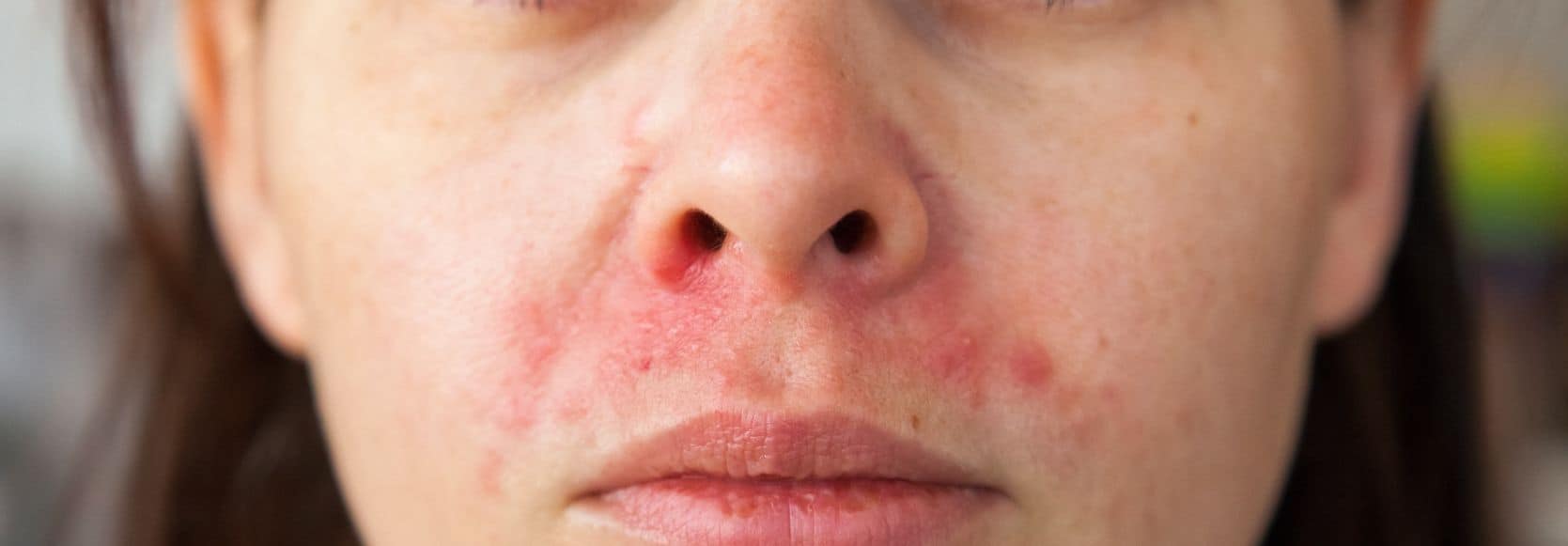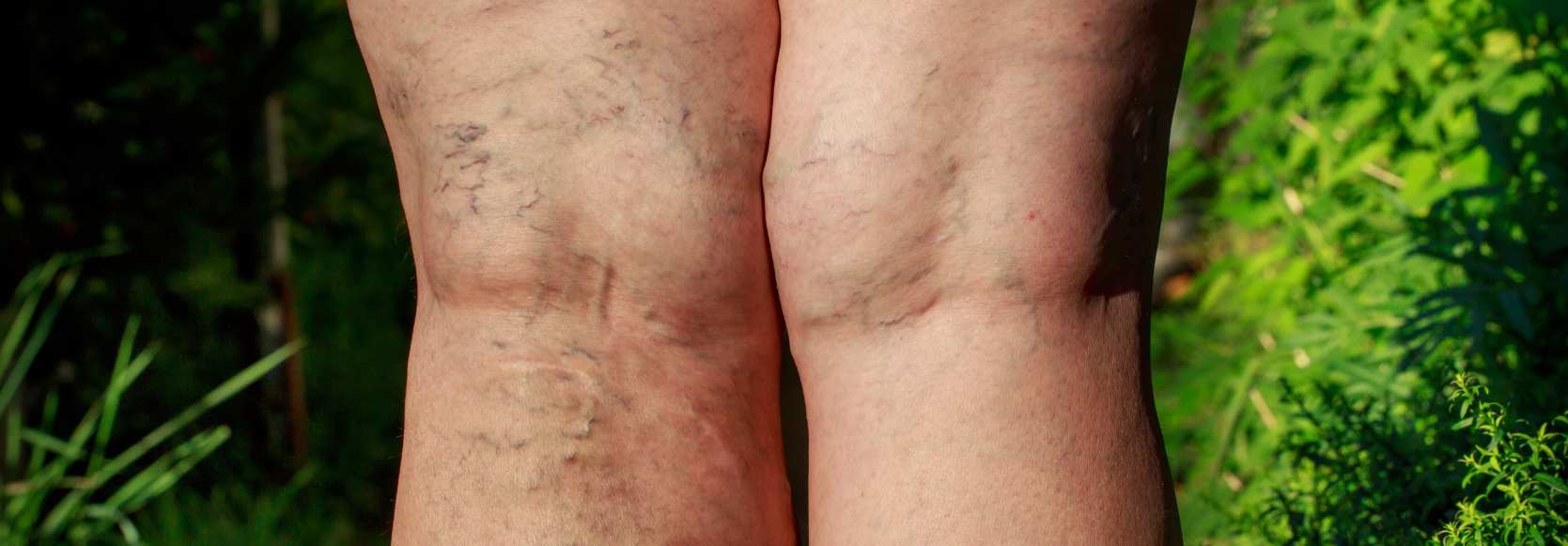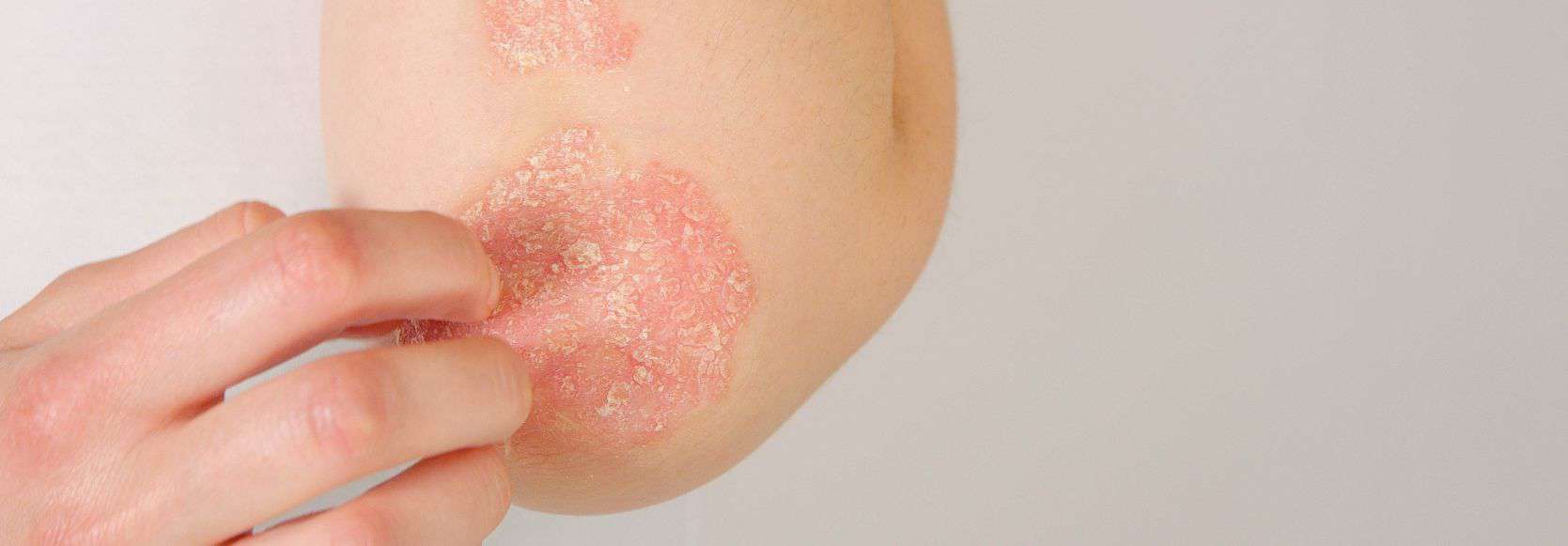Decoding Acne
What is Acne Exactly?
Against common perception, acne is not restricted to teenagers and impacts people across all age groups. It arises when hair follicles get blocked by oil and dead skin cells, resulting in inflammation and manifesting as pimples, blackheads and cysts. It’s vital to understand the varied forms of acne and debunk popular myths for effective control of this condition.
Varieties of Acne
- Comedonal Acne: Defined by the presence of blackheads and whiteheads.
- Inflammatory Acne: Characterised by red and swollen bumps and blisters.
- Cystic Acne: An extreme form leading to painful, pus-filled growths beneath the skin’s surface.
- Nodular Acne: Firm lumps under the skin, tending to be quite painful and severe.
Common Misunderstandings
- Acne is caused by poor hygiene: Although cleanliness matters, genetics and hormones usually influence acne.
- Only teenagers get acne: Acne in adults is frequent, particularly in women, due to hormonal fluctuations.
- Diet doesn’t impact acne: Specific foods can heighten acne symptoms in some people.
Triggers of Acne
Genetic Factors
Hormonal Shifts
Lifestyle Factors
- Diet: Foods with a high glycaemic index, dairy and some dietary habits may aggravate acne.
- Stress: Stress-induced hormone release can worsen acne.
- Skincare Habits: Over-cleaning, aggressive products or inadequate cleansing can exacerbate acne.
How to Combat Acne?
Treatment of acne necessitates a holistic strategy, starting with acknowledging the condition’s severity and choosing suitable remedies. There’s an array of treatment options catering to diverse acne types and stages, from over-the-counter solutions to advanced medical procedures.
Basic Remedies
- Topical Retinoids: They help unclog pores and mitigate inflammation. Being a vitamin A derivative, they tackle several major acne contributors effectively.
- Benzoyl Peroxide: It kills bacteria causing acne and curbs oil production. It reaches into the pores to release oxygen, eliminating the acne-causing bacteria and preventing recurrence.
- Salicylic Acid: It aids in skin exfoliation and maintaining clean pores. Due to its oil-soluble property, it penetrates deep into the pores, effectively eliminating excess oil and dead skin cells that clog pores and trigger acne.
Prescribed Remedies
In case of persistent or severe acne, dermatologists may suggest stronger remedies not available over the counter like:
- Oral Antibiotics: By reducing bacteria, these help mitigate inflammation and infection related to acne lesions.
- Hormone Regulation: In females, birth control pills can moderate hormonal swings, thereby reducing androgen production that stimulates excess oil production.
- Topical Antibiotics: They target surface skin bacteria responsible for inflammation and infection in acne lesions, reducing acne severity and preventing new flare-ups.
Advanced Acne Treatments
In case of severe or stubborn acne, advanced treatments may be needed such as:
- Chemical Peels: They help exfoliate the skin, minimise scars, improve texture, unclog pores and reduce inflammation.
- Customised Prescriptive Facials: These facials are tailored to specific acne concerns and incorporate various therapeutic techniques and ingredients to cleanse, exfoliate and treat acne-prone skin.
- Phototherapy: This procedure employs specific light wavelengths to reduce inflammation and kill acne-causing bacteria.
- Laser Therapy: This therapy targets the deeper skin layers to reduce acne and scarring, promoting collagen production for improved skin texture.
- Fractional Laser Resurfacing: This advanced laser treatment stimulates the skin’s healing process and collagen production, enhancing skin texture and decreasing scar visibility.
- N-Lite Laser: This non-invasive laser treatment boosts collagen production and curtails acne bacteria, enhancing overall skin appearance.
Building a Skincare Routine
- Cleanse: Use a mild cleanser to cleanse off dirt, oil and makeup without drying out the skin.
- Treat: Apply targeted treatments like retinoids or benzoyl peroxide.
- Moisturise: Use a non-comedogenic moisturizer to keep your skin hydrated.
- Protect: Apply sunscreen daily to protect against UV damage.
Managing Acne through Lifestyle
- Diet: Implement a balanced diet rich in fruits, vegetables and omega-3 fatty acids. Limit high-glycaemic foods and excessive dairy consumption.
- Stress Management: Incorporate stress-relieving techniques like yoga, meditation and sufficient rest.
- Hygiene Habits: Refrain from touching your face, change pillowcases regularly and cleanse post-sweating.
Role of Professional Advice
Advantages of Professional Treatment
- Accurate Diagnosis: A dermatologist can precisely diagnose the type and severity of acne.
- Personalised Treatments: Receive treatments specifically tailored for your skin type and condition.
- Continued Support: Regular consultations ensure the effectiveness of your treatment plan.
Acne Awareness Month is a chance to educate, aid and empower those affected by acne. By understanding the causes, exploring effective treatments and adopting a comprehensive approach to skincare and lifestyle, individuals can control and lessen the impact of acne. Remember, professional advice is key for long-term success in treating acne.
Start your journey towards clear skin today. Schedule a consultation with our expert dermatologists to create a personalised treatment plan fitting your needs. Share this post to help proliferate awareness and support Acne Awareness Month.





